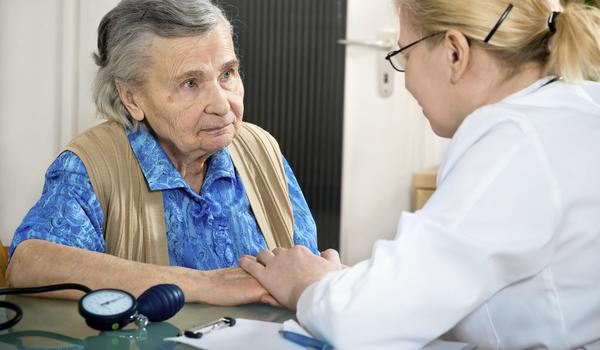How do I get a second opinion?

Seeking a second opinion means seeing another specialist or general practitioner for their view on your current diagnosis and treatment plan.1
Reasons for asking for a second opinion include:
- You want the diagnosis to be reviewed and confirmed1,2
- You want confirmation that you are receiving the right treatment1,2
- You do not feel comfortable talking to your current specialist1,2
- You want the views of a specialist who has experience with the particular type of cancer that you have3
Here are some suggestions on how to prepare for getting a second opinion:
- Ask your general practitioner or current specialist to refer you for a second opinion2
- Make sure to go to a specialist in your type of cancer for your second opinion3
- Talk with your current specialist to ensure all your relevant medical information will be sent on to the new specialist2,3
- Prepare a list of questions; for example, what other treatments are available for you?
- If the advice given is different from your current treatment, ask why2
- For a list of more questions, click here
A second opinion may help confirm your treatment plan or may present you with other options, including possibly taking part in a clinical trial;3 however, seeking a second opinion might cause a delay in treatment.1
Do not worry about possibly upsetting or offending your specialist by asking for a second opinion; this is unlikely to be the case, as specialists often welcome advice from colleagues.1,2,4
Glossary